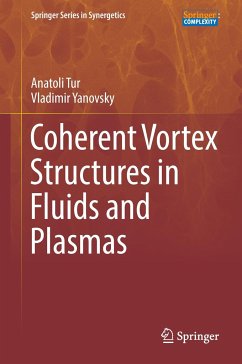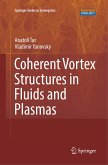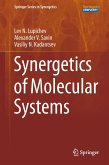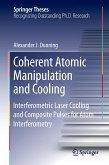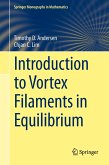This monograph introduces readers to the hydrodynamics of vortex formation, and reviews the last decade of active research in the field, offering a unique focus on research topics at the crossroads of traditional fluids and plasmas.
Vortices are responsible for the process of macroscopic transport of momentum, energy and mass, and are formed as the result of spontaneous self-organization. Playing an important role in nature and technology, localized, coherent vortices are regularly observed in shear flows, submerged jets, afterbody flows and in atmospheric boundary layers, sometimes taking on the form of vortex streets.
In addition, the book addresses a number of open issues, including but not limited to: which singularities are permitted in a 2D Euler equation besides point vortices? Which other, even more complex, localized vortices could be contained in the Euler equation? How do point vortices interact with potential waves?
Vortices are responsible for the process of macroscopic transport of momentum, energy and mass, and are formed as the result of spontaneous self-organization. Playing an important role in nature and technology, localized, coherent vortices are regularly observed in shear flows, submerged jets, afterbody flows and in atmospheric boundary layers, sometimes taking on the form of vortex streets.
In addition, the book addresses a number of open issues, including but not limited to: which singularities are permitted in a 2D Euler equation besides point vortices? Which other, even more complex, localized vortices could be contained in the Euler equation? How do point vortices interact with potential waves?

